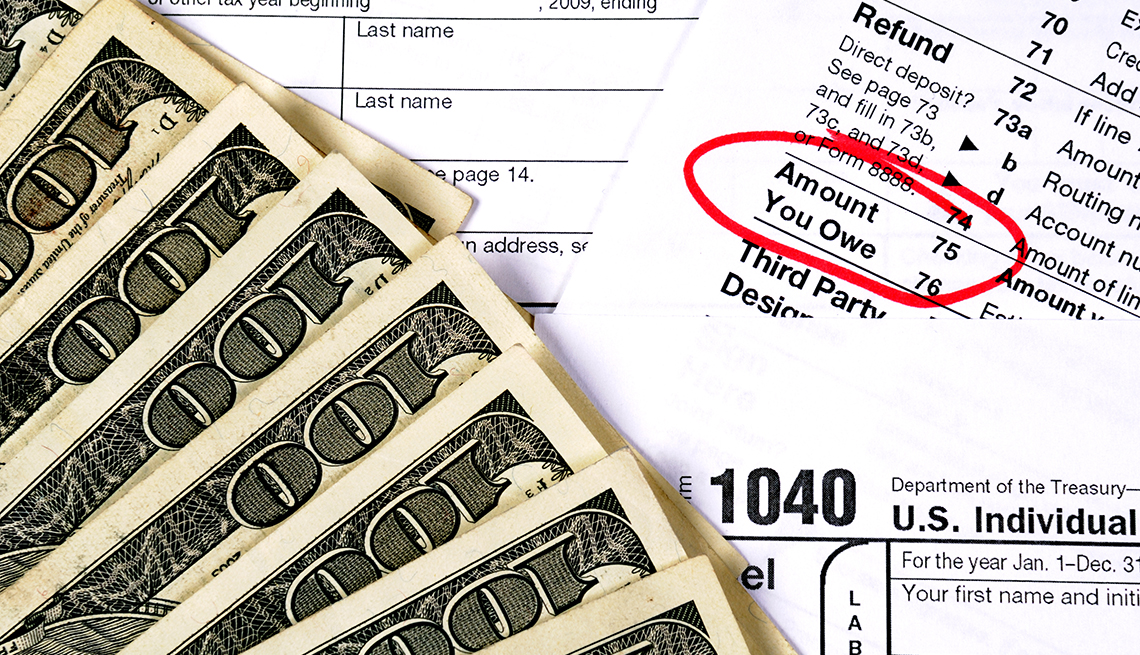
How to manage an unexpected tax bill
- Select a language for the TTS:
- UK English Female
- UK English Male
- US English Female
- US English Male
- Australian Female
- Australian Male
- Language selected: (auto detect) - EN
Play all audios:

You can get an automatic extension to file, but you’ll still be expected to pay your taxes due. For 2024, the extension lasts until Oct. 15. Although you’ll owe penalties on unpaid taxes,
you’ll dodge the more onerous late filing fee penalty. 3. CONTACT THE IRS You may be eligible for a long-term payment plan of up to six years. You can fill out Form 9465 to apply for the
plan online, or call the IRS directly. If you owe $50,000 or less, you may be able to avoid filing Form 9465 and establish an installment agreement online, even if you haven’t yet received a
tax bill, says IRS spokesman Eric Smith. Visit the IRS website to apply for an Online Payment Agreement. If you establish your installment agreement using the Online Payment Agreement
application, the user fee that you pay will be lower than it would be with Form 9465. The IRS will want to know how much you can pay on the balance, and it might suggest a higher payment. In
any event, you’ll still owe accumulated fees and penalties, but you should be able to get a plan that will work within your budget. If this is the first time you’ve had to ask for an
extension, ask the IRS for a first-time penalty abatement, says Bishop Toups, an estate planning, elder law and tax attorney in southwest Florida. Don’t make it a habit to ask for this
one-time break. “You just get one ‘get-out-of-jail free’ card,” Toups says. In some cases, the IRS can declare a tax debt uncollectible — for example, if you are sick or have other reasons
that you can’t pay your tax bills. You’ll stop getting calls and enforcement letters from the IRS, Toups says. In theory, that debt could remain on the IRS books until you pay or the statute
of limitations eliminates the debt — 10 years for most tax issues. 4. DON’T IGNORE MAIL FROM THE IRS You’ll get several notices from the IRS for late tax payment or nonpayment, ranging from
a polite notice of late taxes to increasingly alarming ones. Eventually, the IRS will dispatch a person to talk to you in person or on the phone. It will ask you detailed questions about
your finances and propose several different options for you to pay, ranging from demanding immediate payment, selling assets, or having your wages or bank accounts seized. You generally
don’t want to get to this point. Respond to the letters you get. Many times, the IRS will be asking about a certain deduction or calculation on one part of your tax return. It may also ask
you to refile a form. Answer those letters! Ignoring them could mean that you get a visit from an IRS collector.
